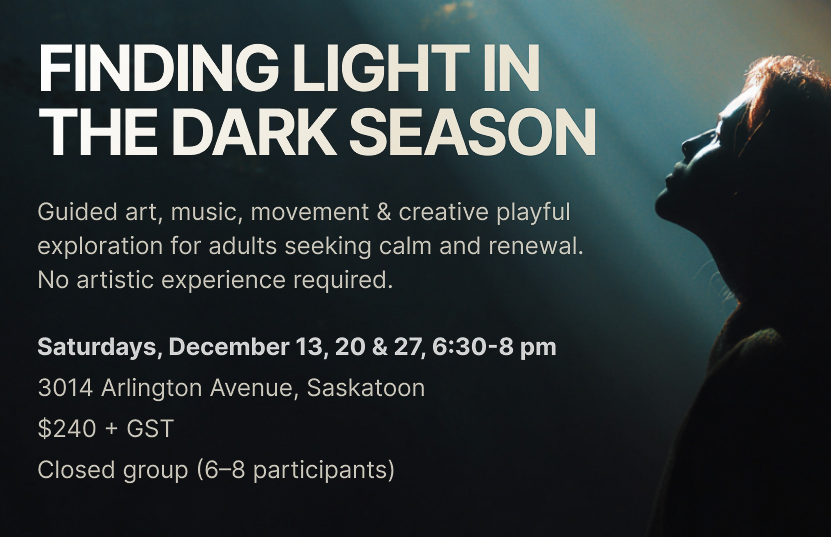Expressive therapy is an umbrella term that applies to art therapy, music therapy, dance therapy, drama therapy, poetry therapy, and play therapy. It’s mental health support using creative art therapies.
I’m trained as an art therapist, meaning I use the visual arts to help people improve their mental wellness, but I also fall under the term “expressive therapist.” Other therapists working with me have other specialties.
There are even different schools and organizations for each specialization. I received my Masters of Arts in art therapy from an accredited program at The School of the Art Institute of Chicago, but a music therapist would take their schooling elsewhere and be certified through the Canadian Association of Music Therapists.
Expressive therapists are like any other therapist you might work with; we do client assessments, we develop treatment plans, we carry out the therapy, and we evaluate our clients’ progress. The difference is in the treatments: This is not just talk therapy. In fact, with music therapy, there may even be no talking at all.
Music therapists use singing to develop articulation, rhythm, and breath control; playing instruments can help improve motor coordination in people who have trauma due to a stroke or head injury; even simply listening to music can have therapeutic uses. None of which require talking.
People of all ages can use expressive therapy to improve mental wellness, for a variety of concerns including grief and loss, trauma, domestic violence survivors, depression, and drug addiction.




.jpg)


